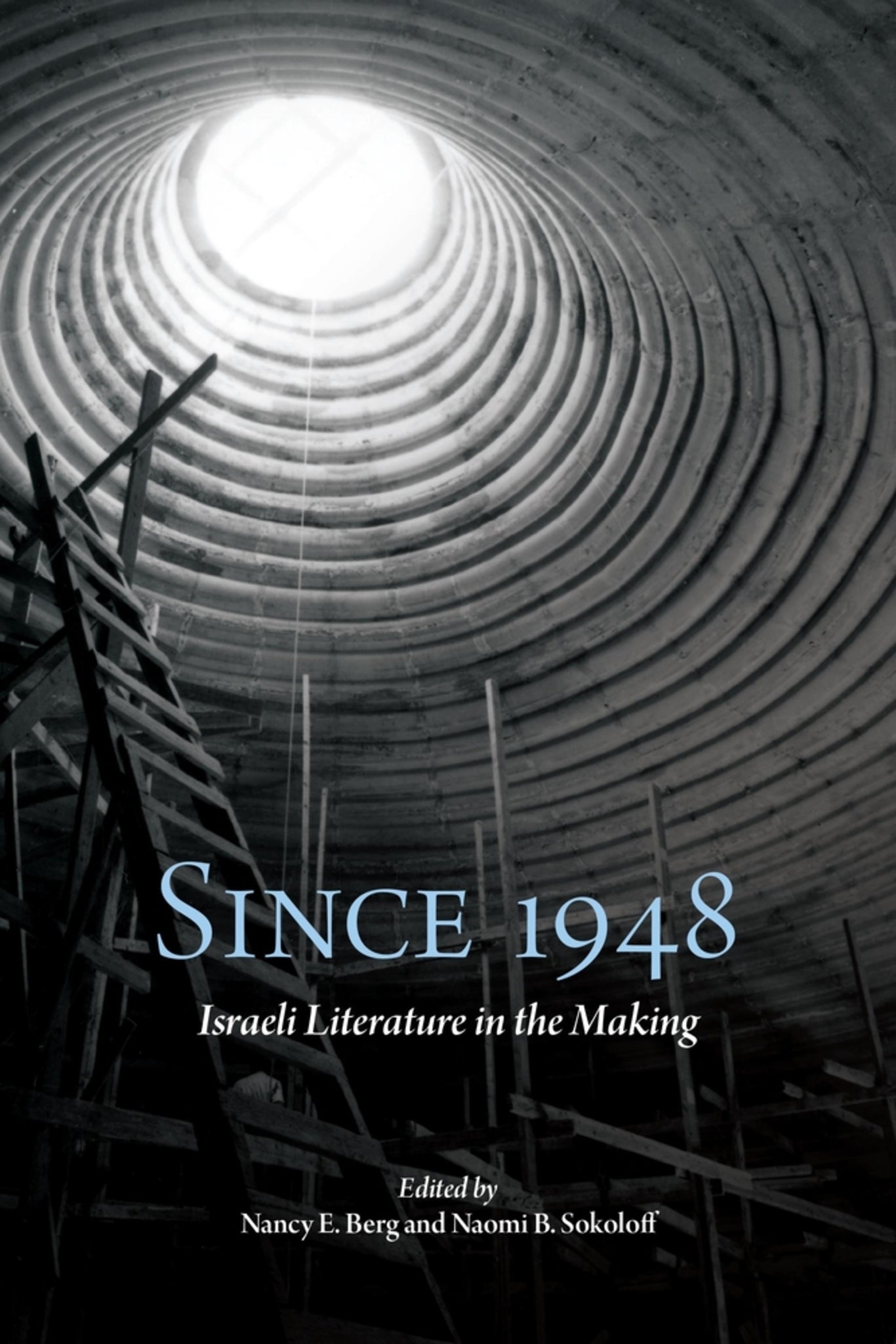We're sorry. An error has occurred
Please cancel or retry.
Since 1948

Some error occured while loading the Quick View. Please close the Quick View and try reloading the page.
Couldn't load pickup availability
- Format:
-
02 July 2021

A portrait of Israeli literature in its full transnational and multilingual complexity.
2021 CHOICE Outstanding Academic Title
Toward the end of the twentieth century, an unprecedented surge of writing altered the Israeli literary scene in profound ways. As fresh creative voices and multiple languages vied for recognition, diversity replaced consensus. Genres once accorded lower status-such as the graphic novel and science fiction-gained readership and positive critical notice. These trends ushered in not only the discovery and recovery of literary works but also a major rethinking of literary history. In Since 1948, scholars consider how recent voices have succeeded older ones and reverberated in concert with them; how linguistic and geographical boundaries have blurred; how genres have shifted; and how canon and competition have shaped Israeli culture. Charting surprising trajectories of a vibrant, challenging, and dynamic literature, the contributors analyze texts composed in Hebrew, Yiddish, and Arabic; by Jews and non-Jews; and by Israelis abroad as well as writers in Israel. What emerges is a portrait of Israeli literature as neither minor nor regional, but rather as transnational, multilingual, and worthy of international attention.


"Berg and Sokoloff make a heroic effort to address the complexities of Israeli literature since 1948, the founding year of the State of Israel." — CHOICE
"A principal strength of the volume lies in its conversational foundation … The possible conversations between essays that a reader may envision are likely to constitute a worthwhile exercise, whether they are broad and deep or limited in scope." — Hebrew Higher Education
"Since 1948 is an in many ways illuminating collection of essays on Israeli literature that broadens and deepens our understanding of the subject." — Fathom
"The extensive introduction does a great job of scanning the various stages in the development of Israeli literature and devises a new periodization of this rich corpus using original criteria. The book as a whole presents a strong overall view of this body of literature without becoming encyclopedic, attempting to begin a process of canonization. Furthermore, while this book speaks of the margins, it also considers the central narrative and works to redefine both." — Nili Gold, author of Yehuda Amichai: The Making of Israel's National Poet
List of Illustrations
Acknowledgments
Introduction: Under Construction: A Kind of Festschrift for Israeli Literature
Nancy E. Berg and Naomi B. Sokoloff
Part One: Through Time: Silences, Voices, Echoes
Not One, but Five Moments of Silence: On the Poetics and Politics of Asking for Silence
Eran Tzelgov
Sounding the Mizrachi Voice: Hafla Thematics from the Ma'abarah to the PostArabic Novel
Michal Raizen
Anthological Poetics: Reading Amichai and Halfi in Liberal Prayerbooks
Wendy I. Zierler
Part Two: Across Language and Territory: Literature and Identity
When Yiddish Was Young in IsraelShachar PinskerA Canaanite Story: Language, National Identity, and the 1948 War
Yael Dekel
Hebrew Unbound: Alternative Homelands in the New World
Melissa Weininger
Part Three: Between the Lines: Rethinking Genres
From Here to Elsewhere and Back in IsraeliHebrew Children's Literature
Shai Ginsburg
"The pigs were my best friends": Animals and the Holocaust in Alona Frankel's Memoirs
Naomi B. Sokoloff
Stalagim: At the Limits of Israeli Literature
Eric Zakim
Part Four: Concerning Canons
Disruptive Nativity: The Poetry of Rina Shani and the Sixties in Israel
Riki Traum
Asaf Schurr and the Critique of Postmodernism in Contemporary Hebrew Literature
Yaron Peleg
"And the Winner Is...": The Economy of Literary Awards
Nancy E. Berg
Appendix: A Canaanite Story: "The Lord Be Praised"
Eitan Notev
On Our Bookshelf
Contributors
Index



